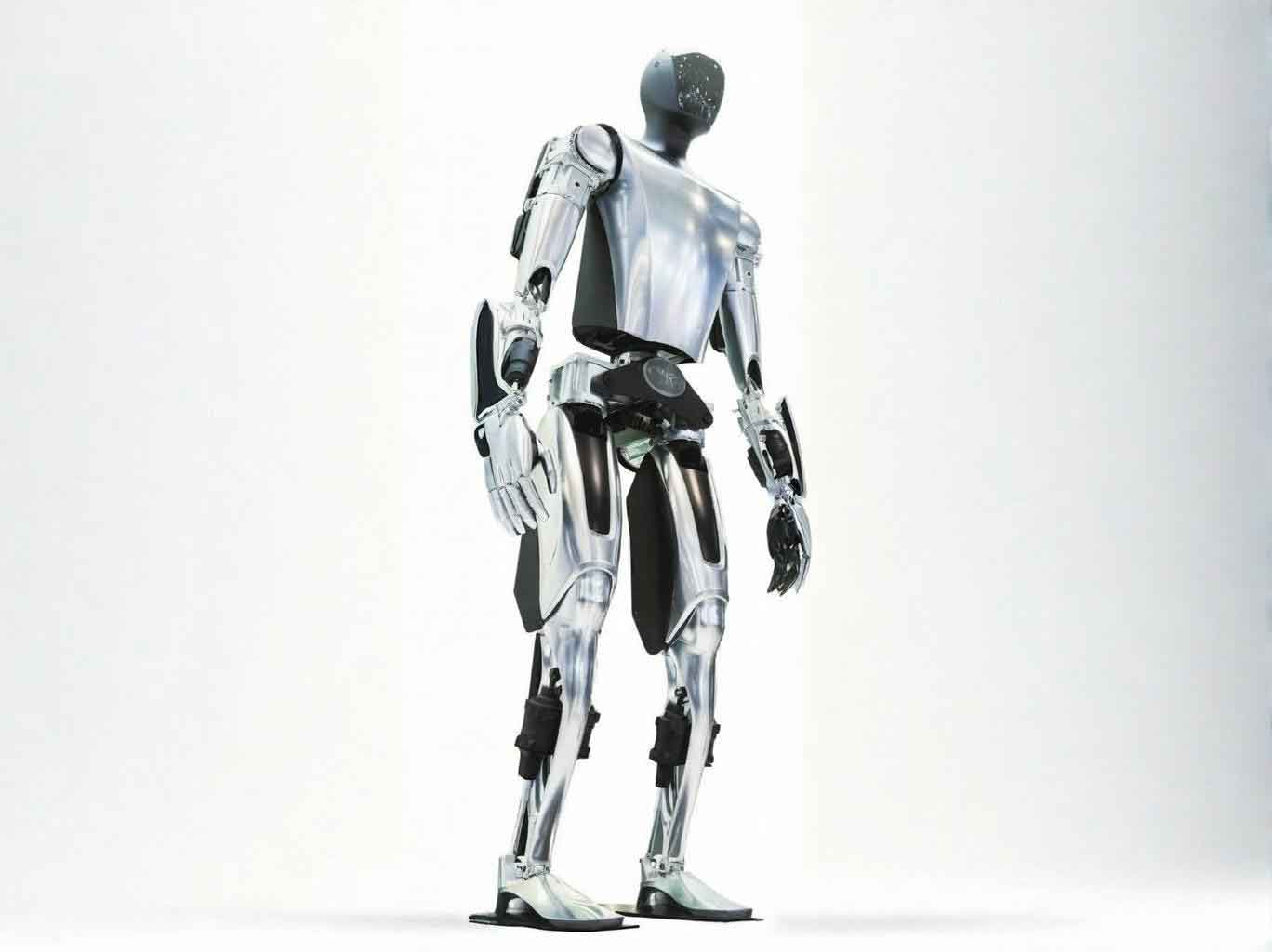BEIJING—Meituan, China’s on-demand services titan, is aggressively expanding its portfolio in the nascent yet explosive embodied robot sector. In its latest move, the company led a $100+ million Series A funding round for Shenzhen-based Ziliang Robotics, a startup developing “general-purpose embodied large models.” This investment underscores Meituan’s conviction that embodied robot technology will redefine retail, logistics, and consumer services—core domains where the tech giant refuses to cede ground.

The deal, structured as a rare exclusive investment by Meituan’s corporate venture arm (Meituan Strategic Investment) with follow-on from Meituan Longzhu Capital, targets a critical bottleneck in embodied robot evolution: achieving true generalization. Ziliang’s WALL-A model claims breakthrough “zero-shot” capabilities—executing complex, unseen tasks without retraining—a holy grail for creating adaptable embodied robot systems.
“Without zero- or few-shot generalization, universal embodied robot intelligence is fundamentally impossible,” asserts Wang Qian, Ziliang’s founder and CEO, a veteran of elite U.S. robotics labs. His approach leverages real-world data and multi-task learning—training models on seemingly unrelated actions like pouring water and folding clothes—to force extraction of cross-task patterns. Results are striking: Ziliang’s embodied robot prototypes now achieve >90% success in intricate, long-sequence tasks like zipper manipulation and garment organization.
This contrasts sharply with Meituan’s other major embodied robot bet: Galaxy General Robotics, backed twice by the conglomerate since 2023. Galaxy relies entirely on simulation-to-reality training, generating synthetic data to avoid costly real-world collection—a method co-founder Wang He champions as scalable despite physics-transfer challenges. “Tesla needed 40 operators collecting data for months just to teach its embodied robot to sort batteries,” Wang He noted publicly, highlighting the “massive, prohibitive data costs” plaguing the field.
The divergent technical philosophies reveal a deliberate hedging strategy. “Meituan is placing dual bets,” confides an executive at a rival embodied robot firm. “With no dominant player yet emerged in humanoid robotics or embodied AI, spreading capital across multiple technical paths mitigates the risk of backing the wrong horse.”
CEO Wang Xing personally drives Meituan’s embodied robot thesis, sources confirm. His visible engagement—from championing Meituan’s drone program (operational since 2017) to scrutinizing CES robotics demos—signals strategic priority. The impetus? Meituan’s “Retail + Technology” vision, demanding radical efficiency gains across its delivery, warehouse, and last-mile ecosystems.
Embodied robot investments are meticulously aligned with application scenarios:
- Galaxy General is co-developing humanoid-operated “unmanned pharmacies” with Meituan, targeting 100 automated stores across China by 2025.
- Ziliang will prioritize deploying embodied robot systems in “open service environments,” seeking operational closed loops in retail/logistics.
- Meituan-backed CloudMinds (hotel robotics) integrates with its food delivery platform, using embodied robot couriers to solve the “final 100 meters” in partnered hotels.
Meituan’s embodied robot mosaic extends beyond humanoids. It includes:
- Collaborative robots (2022 investment in FaaSoo)
- Cleaning robots (2021 backing of Gaoxian Robotics)
- Drone delivery networks (expanding since Hong Kong trials)
“Where hard tech is mature or strategically sensitive, Meituan builds in-house. Where fragmentation or uncertainty reigns—like today’s embodied robot landscape—it invests to shape the ecosystem,” explains an insider familiar with Meituan’s calculus.
Timing is critical. Google’s Gemini Robotics only disclosed its “chain-of-thought” research for embodied robot cognition in March—months after Ziliang demonstrated similar multi-modal reasoning. Meanwhile, China’s embodied robot startups are attracting record capital, with Ziliang raising seven rounds totaling >$140 million within 18 months of founding.
For Meituan, the frenetic dealmaking reflects more than FOMO. “Everyone wants to find the next Yushu,” notes an industry executive, referencing the quadruped robot pioneer (backed by Meituan in 2024). “But Yushu’s approach was initially dismissed. If you don’t want to miss the next breakthrough embodied robot venture, diversification is essential.”
Meituan’s endgame transcends financial returns. By seeding multiple embodied robot architectures and fast-tracking real-world deployment, it aims to vertically integrate automation into its service empire—turning speculative tech into scalable infrastructure. As one portfolio CEO puts it: “The winner in embodied AI won’t just build better robots. It will redefine how physical services are delivered.” With billions in capital and unmatched market access, Meituan intends to own that future.
